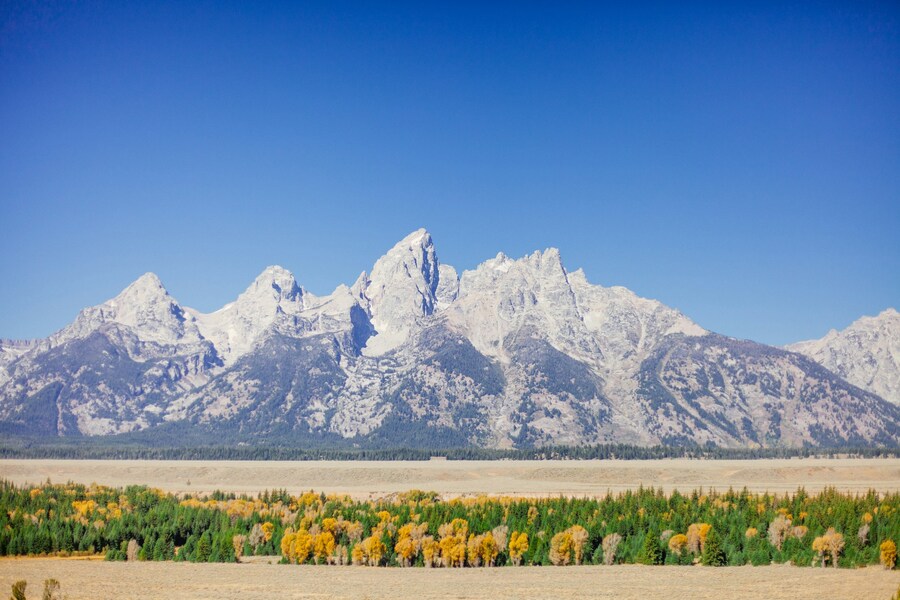People are helping to make national parks cleaner through citizen science.
See trash, save parks? Can your observations help clean up national lands?

Source: Google Search
- The 5 Gyres Institute kicks off its yearly project to monitor trash levels in national parks.
- Anyone visiting these parks can pitch in by noting trash they spot in U.S. parks or federal land until October.
- This shared info helps create scientific advice to cut down on waste.
On April 22nd, the annual global celebration of
This community-driven scientific initiative is dedicated to meticulously tracking prevailing pollution trends within the United States National Parks System and across all federally managed lands. Importantly, the project extends beyond mere data collection. It actively engages volunteers in the crucial task of collecting litter and debris from "any land under federal government stewardship, encompassing the National Park Service, National Forest Service, Bureau of Land Management, and Fish and Wildlife Service," with volunteers recording their findings through the dedicated TrashBlitz mobile application. The organization emphasized in a statement that this invaluable data directly contributes to its annual comprehensive report. This report identifies the most frequently encountered items, materials, and brands, and subsequently outlines science-based recommendations aimed at effectively reducing waste generation.
Nick Kemble, a program associate at 5 Gyres, shared insights into the project's impact, stating the following:
"For 3 years, TrashBlitz has served as an indispensable tool for monitoring waste trends throughout our national parks. The data gleaned from this initiative consistently reveals single-use plastic as the most pervasive pollutant, and we observe the same prominent brands repeatedly identified in waste audits conducted worldwide. Implementing systemic changes, such as establishing robust reuse and refill systems and transitioning to more sustainable alternatives, can yield a tangible and immediate positive impact on waste reduction within our national parks."

Source: James Fitzgerald/Unsplash
As Kemble highlighted, plastic has overwhelmingly constituted the majority of the litter documented on the TrashBlitz application for the preceding 3 years. According to the organization's data, plastic waste accounted for a staggering 75% of all recorded debris. The most commonly identified single-use plastic items included food wrappers, beverage bottles, bottle caps and rings, cigarette butts, disposable wipes, and plastic fragments. Regarding the brands most frequently encountered as litter, the list prominently features Coca-Cola, Pepsi, Gatorade, Marlboro, and Camel.
All the meticulously collected information is subsequently utilized to advocate for more environmentally conscious legislation, notably including the Reducing Waste in National Parks Act. This proposed legislation seeks to "eliminate the sale and distribution of disposable plastic products" within these protected areas. The significance of this work is further amplified by the substantial reductions in funding allocated to national parks.
Alison Waliszewski, the director of regional policy and program development, emphasized the urgency of the situation, adding, "The TrashBlitz data from previous years unequivocally underscores the critical need to address the pervasive issue of plastic pollution within our national parks. Now is decidedly not the time to implement cuts to essential resources and personnel responsible for vital waste management, public education, and overall park maintenance. We all possess the capacity to step up and provide crucial assistance to our parks during this challenging period, and we are actively calling upon the public to take meaningful action by collecting data that can effectively drive forward impactful solutions."
Members of the public interested in contributing to this important initiative can volunteer to participate in data collection efforts from the present time through October 31, 2025. Further details regarding the sign-up process can be found at the organization's official website: 5gyres.org.
Park green for a greener planet with our smart platform – ParkingNearAirports.io!

Source: William Hook/Unsplash
Your eco-journey begins before you reach the park! Choose economy parking over premium lots to reduce resource use. Compare parking fees at airport hubs and select shuttle lot options via ParkingNearAirports.io – affordable parking that helps preserve the parks you're working to protect. Happy eco-travels!






